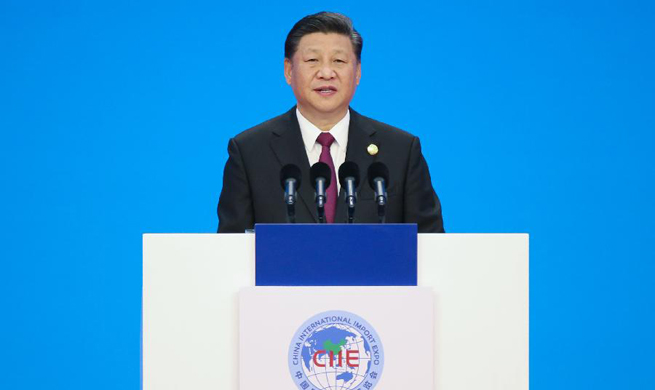LONDON, Nov. 5 (Xinhua) -- Japanese scientists have found three subtypes of depression, one of which seems untreatable by traditional medicines.
The three subtypes were categorized by functional connectivity patterns synchronized between different regions of the brain and childhood trauma experience.
Researchers found patients with low brain connectivity or no childhood trauma experience responded well to antidepressants known as selective serotonin reuptake inhibitors (SSRIs).
On the other hand, traditional usage of SSRIs might not work on patients with increased functional connectivity and childhood trauma experience.
Data from 134 individuals were collected on their biological information, as well as clinical and life history. Half of the subjects were newly diagnosed with depression and the rest without such diagnosis.
They were asked to fill in questionnaires on their sleep patterns and various mental health conditions. The participants also had blood tests and brain magnetic resonance imaging.
A novel statistical method was created to cluster similar information and determine the measurable features so as to identify the subtypes of depression.
The study was done by researchers from Okinawa Institute of Science and Technology Graduate University and Hiroshima University.
Published in September in the Scientific Reports, an online sub-journal of Nature, the study "provides scientists studying neurobiological aspects of depression a promising direction in which to pursue their research," according to leader of the research team Kenji Doya.













